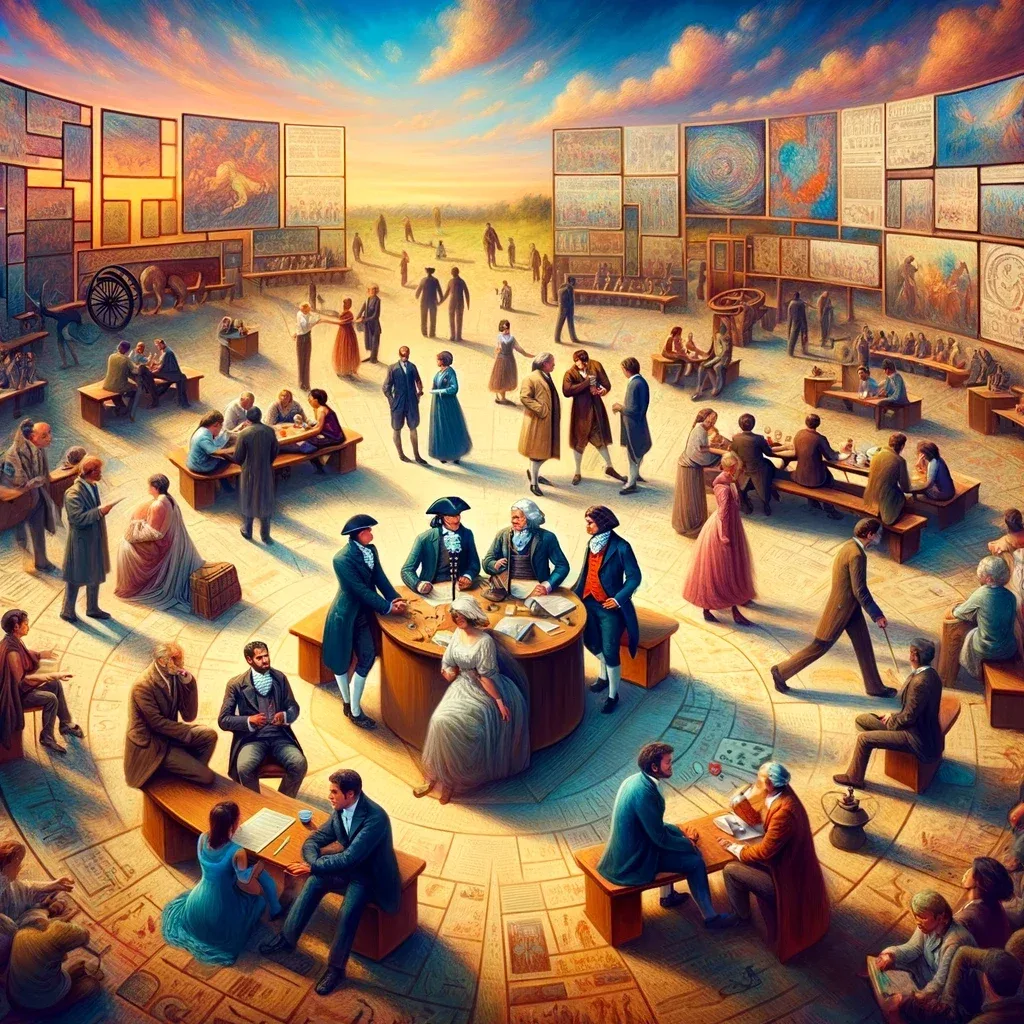Jean-Jacques Rousseau, one of the most influential philosophers of the Enlightenment, left a lasting legacy that continues to shape modern thought. This article details his key ideas, exploring how they challenged the social and political norms of his time and how they remain relevant today.
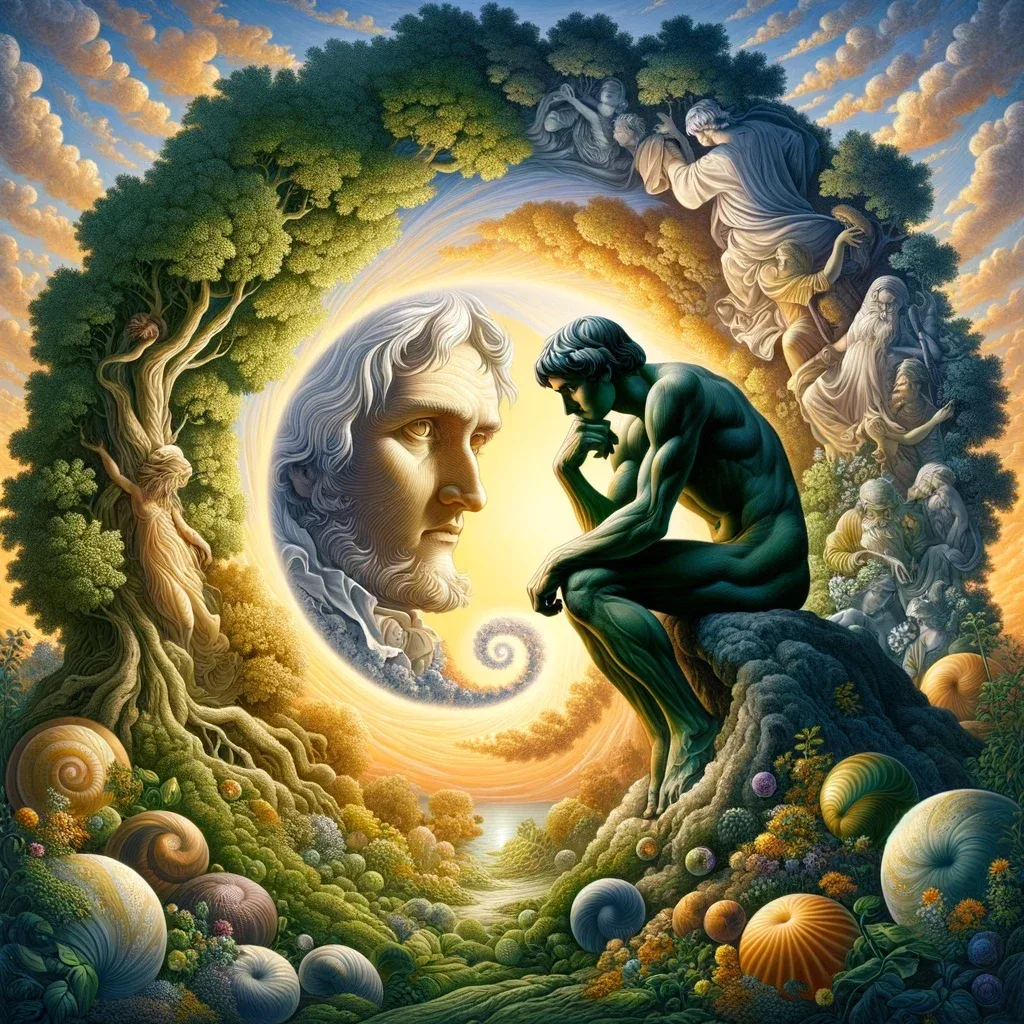
The Social Contract and the General Will
One of Rousseau's most revolutionary concepts is the “Social Contract”. He argues that society is based on an implicit contract between individuals and the government. Rousseau believed that the legitimacy of government comes from the “general will” of the people. This concept was fundamental to the development of modern ideas about democracy and popular sovereignty.
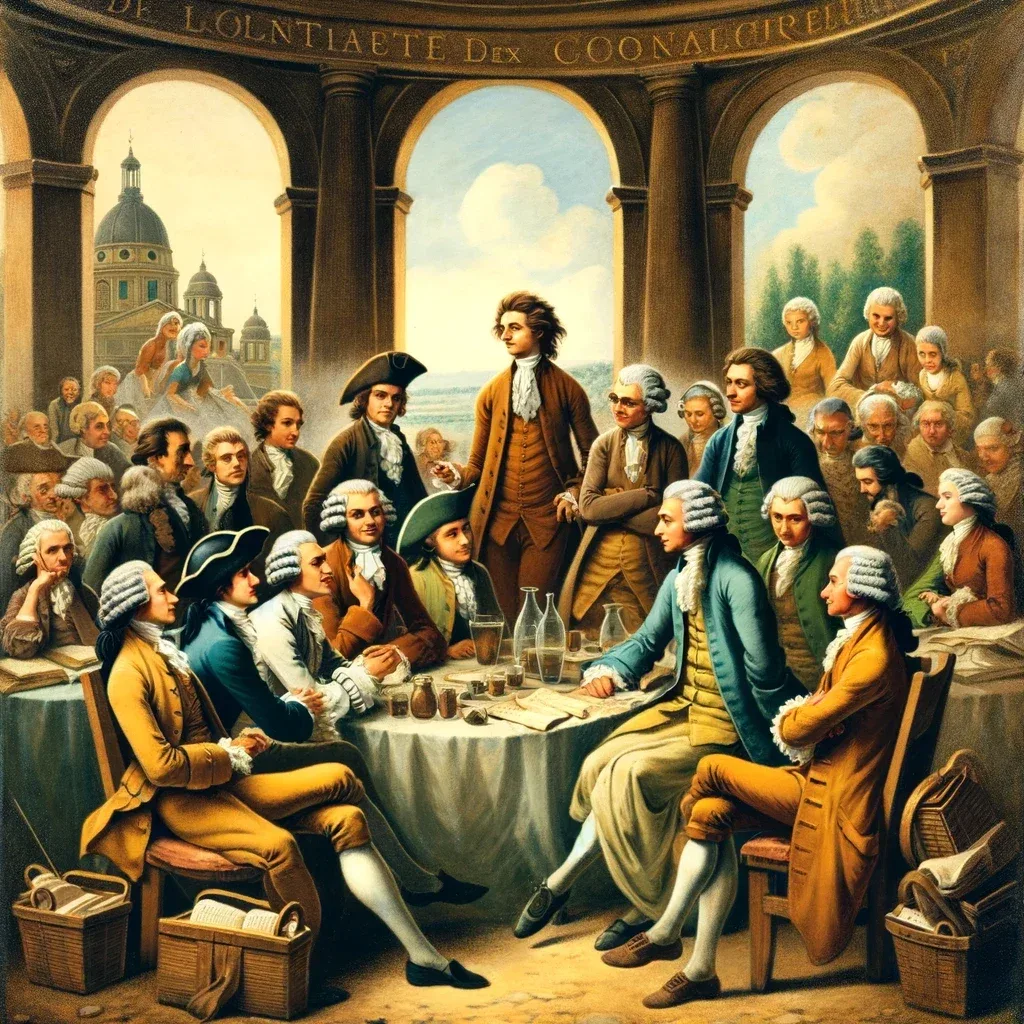
Individualism and Collectivism
Rousseau saw a tension between individual rights and freedoms and the common good. He argued that, by participating in the general will, individuals find true freedom, as the general will always aims for the common good.
Political implications
Rousseau's ideas about the social contract influenced democratic revolutions around the world. They challenged the notion of absolute monarchy and paved the way for more representative systems of government.
Human Nature and Society
Rousseau believed in the inherent goodness of man and argued that society and its institutions corrupt this natural goodness. He differed from other Enlightenment philosophers, such as Hobbes, who viewed man as naturally selfish.
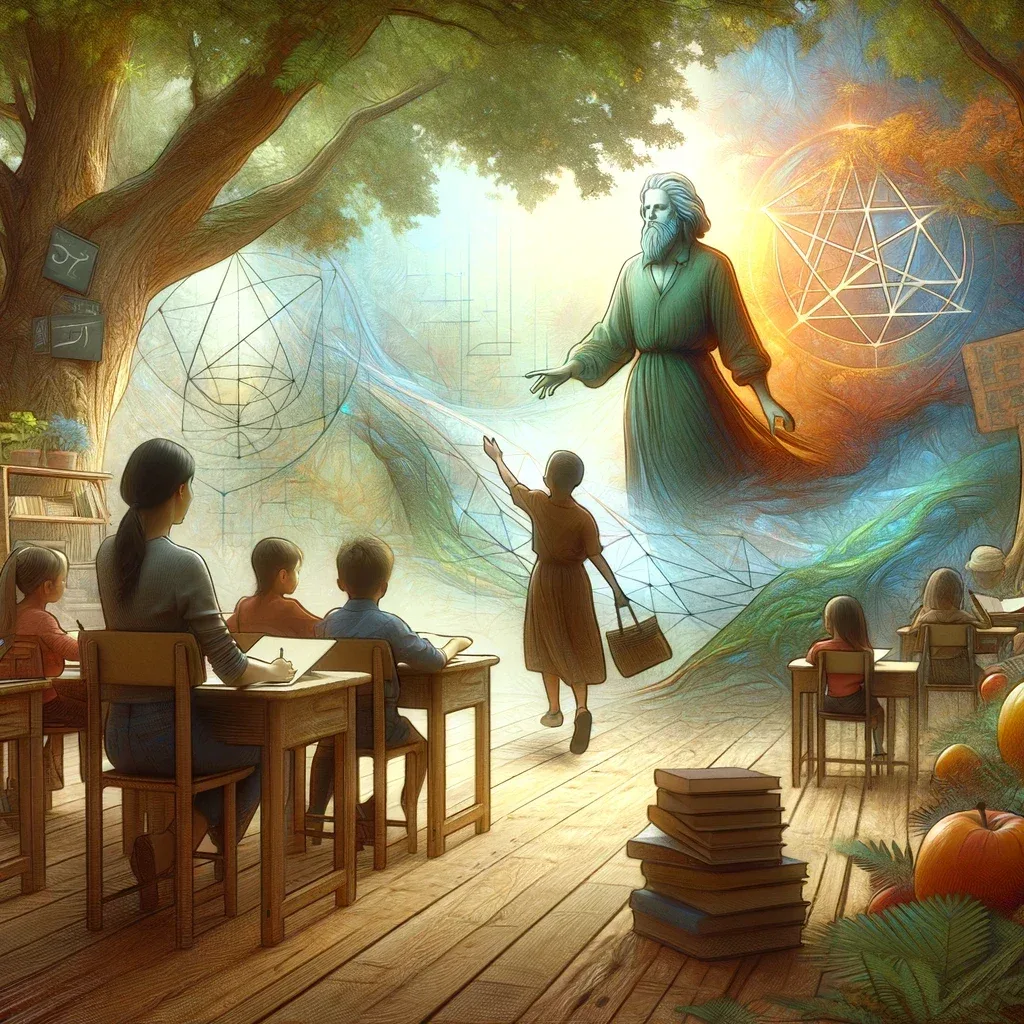
The “Noble Savage”
The idea of the “noble savage” is central to Rousseau’s philosophy. He argued that people in their natural state, uncorrupted by society, are pure and good.
Criticism of Social Institutions
Rousseau was critical of the social and economic inequalities generated by social institutions. He saw private property as a source of conflict and inequality.
Education and Child Development
Rousseau also had a significant impact on the field of education. His work “Emílio, ou Da Educação” proposes educational methods focused on the natural development of children.
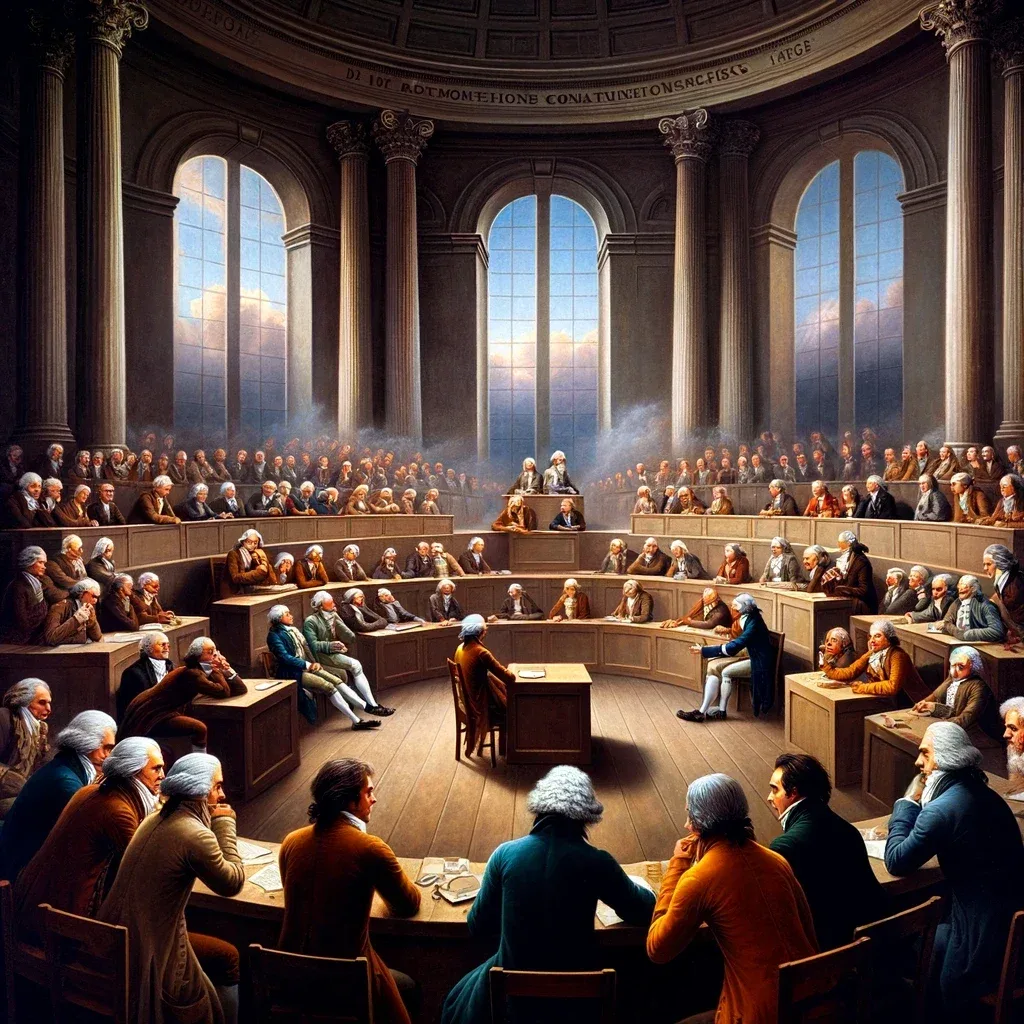
Learning through Experience
He emphasized the importance of experience and hands-on learning, as opposed to traditional memorization-based teaching.
Natural Development
Rousseau argued that education should be aligned with the child's natural development, respecting their growth stages and interests.
Rousseau and Music
Less well known is Rousseau's interest in music. He himself composed operas and wrote about music theory, emphasizing emotion in music.
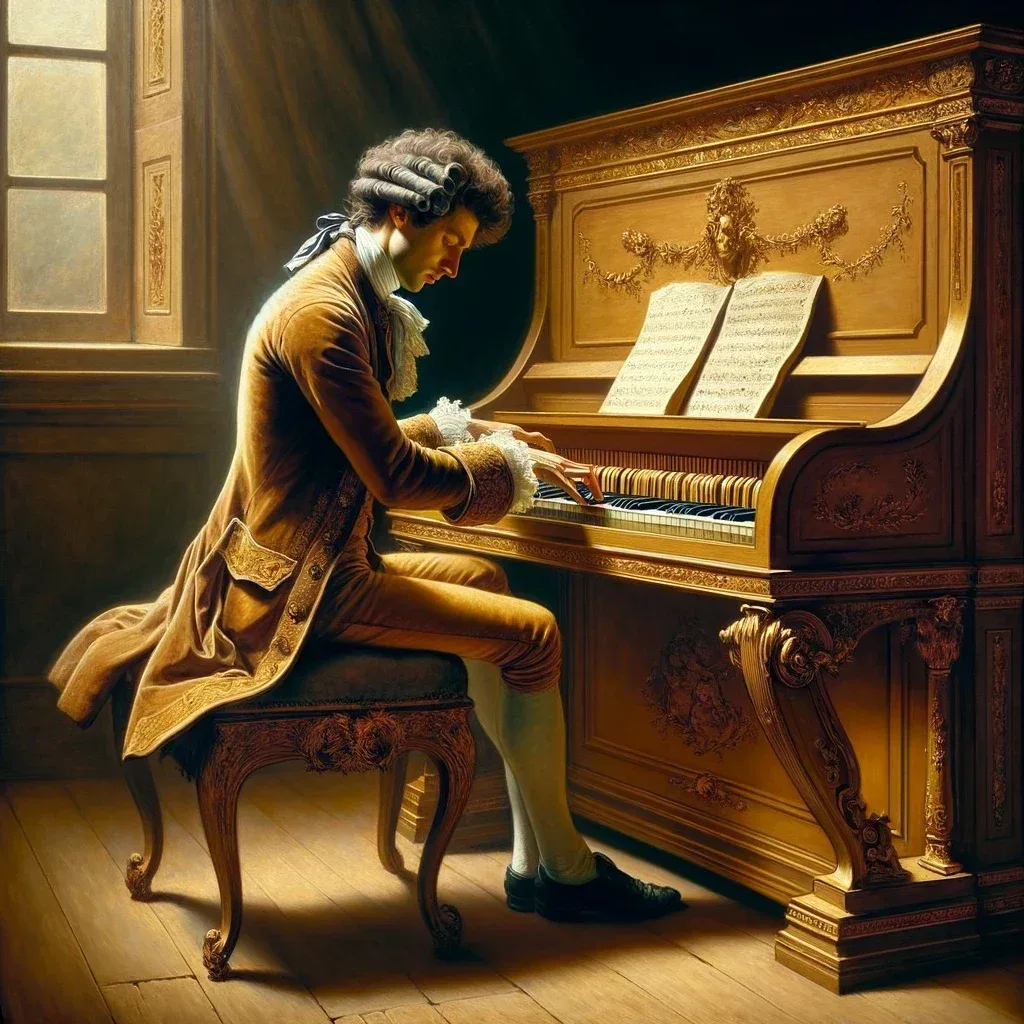
Music as an Emotional Expression
Rousseau believed that music should express emotions and feelings, reflecting his views on human nature and the importance of emotions.
Conclusion: Legacy and Contemporary Relevance
Rousseau's ideas about politics, society, education, and art had a profound and lasting impact. His concepts of social contract and general will continue to be pillars of political and democratic thought. His vision of education influences pedagogical methods to this day, and his ideas about music still resonate in the field of aesthetics. Rousseau remains a central figure in philosophy, whose ideas continue to provoke debate and reflection.
FAQ: Understanding Rousseau's Main Ideas
Below are answers to the most common questions about the fundamental ideas of Jean-Jacques Rousseau, one of the most influential philosophers of the Enlightenment.
